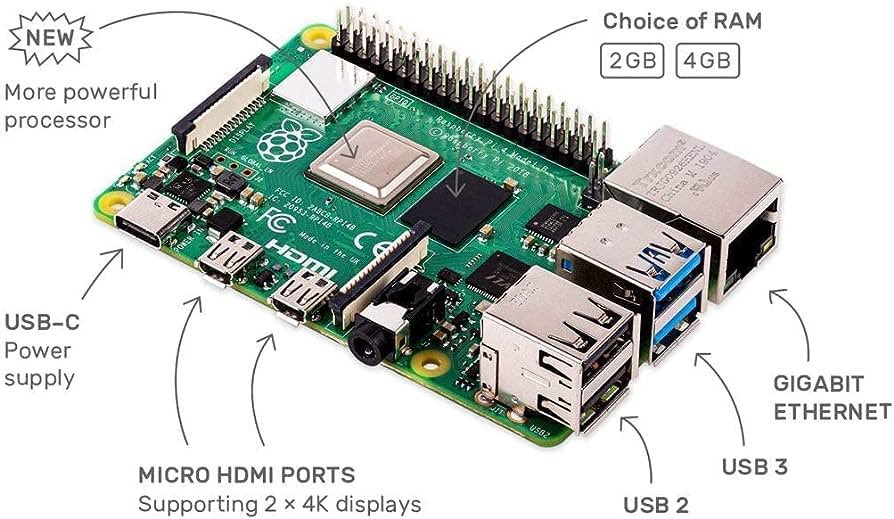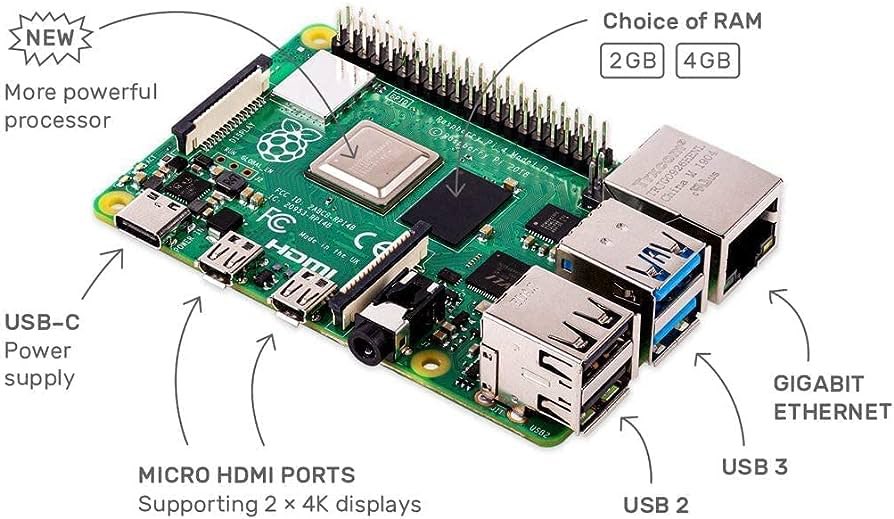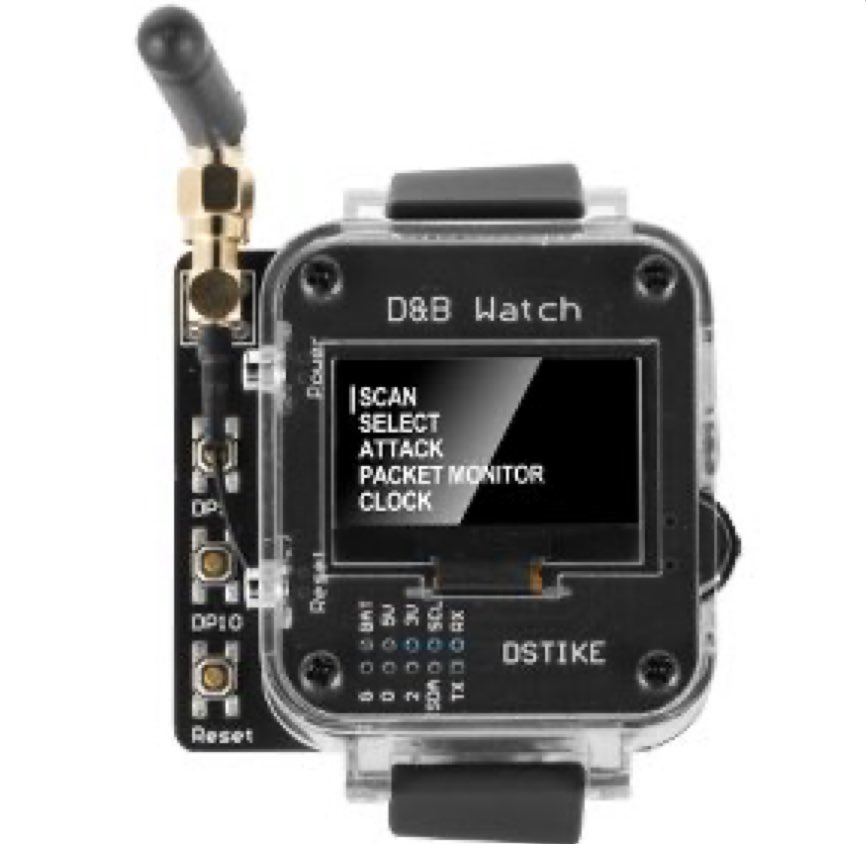Importance of Organizational Data Security
To understand importance of securing an organization, especially in this digital age we must understand the What, the Why and the How.
A Thread
To understand importance of securing an organization, especially in this digital age we must understand the What, the Why and the How.
A Thread
What is Data Security?
Data Security is the process of protecting data through out its life cycle from unauthorized access, data manipulation, theft and damage. Data security safeguards digital generated data. The very foundation of data security lies in the security paradigm and framework called the CIA Triad. The CIA triad simply means Confidentiality, Integrity and Availability. This very fundamental pieces are paramount in the protection of Data
Why is Data Security Important?
Data is a very valuable asset to any organization, it is the very life force of how an organization is ran, it encompasses every important detail about an organizational and what the are about. And in a generation where more than 2 Billion data is generated a day, data is a goldmine. Data is secured by an organization when the CIA Triad are strictly adhered to.
Data Security is the process of protecting data through out its life cycle from unauthorized access, data manipulation, theft and damage. Data security safeguards digital generated data. The very foundation of data security lies in the security paradigm and framework called the CIA Triad. The CIA triad simply means Confidentiality, Integrity and Availability. This very fundamental pieces are paramount in the protection of Data
Why is Data Security Important?
Data is a very valuable asset to any organization, it is the very life force of how an organization is ran, it encompasses every important detail about an organizational and what the are about. And in a generation where more than 2 Billion data is generated a day, data is a goldmine. Data is secured by an organization when the CIA Triad are strictly adhered to.
How is Data Security Important to an Organization?
Data security ensures the Confidentiality, Integrity and Availability. Protecting Data from internal and external threats protects the company from financial loss, reputational damage, consumer trust degradation and brand damage.
Organizations also get to protect trade secrets, sensitive information that can be used to destroy them or to acquire competitive advantage from rivals.
Data breaches are time consuming, expensive and bad for business. With good security plan on ground organizations reduce or prevent financial loss due to data breaches.
Data security ensures the Confidentiality, Integrity and Availability. Protecting Data from internal and external threats protects the company from financial loss, reputational damage, consumer trust degradation and brand damage.
Organizations also get to protect trade secrets, sensitive information that can be used to destroy them or to acquire competitive advantage from rivals.
Data breaches are time consuming, expensive and bad for business. With good security plan on ground organizations reduce or prevent financial loss due to data breaches.
How to protect organizational data
Access control
Authentication
Encryption
Data masking
Employee awareness
Backups and disaster recovery
Access control
Authentication
Encryption
Data masking
Employee awareness
Backups and disaster recovery
• • •
Missing some Tweet in this thread? You can try to
force a refresh













